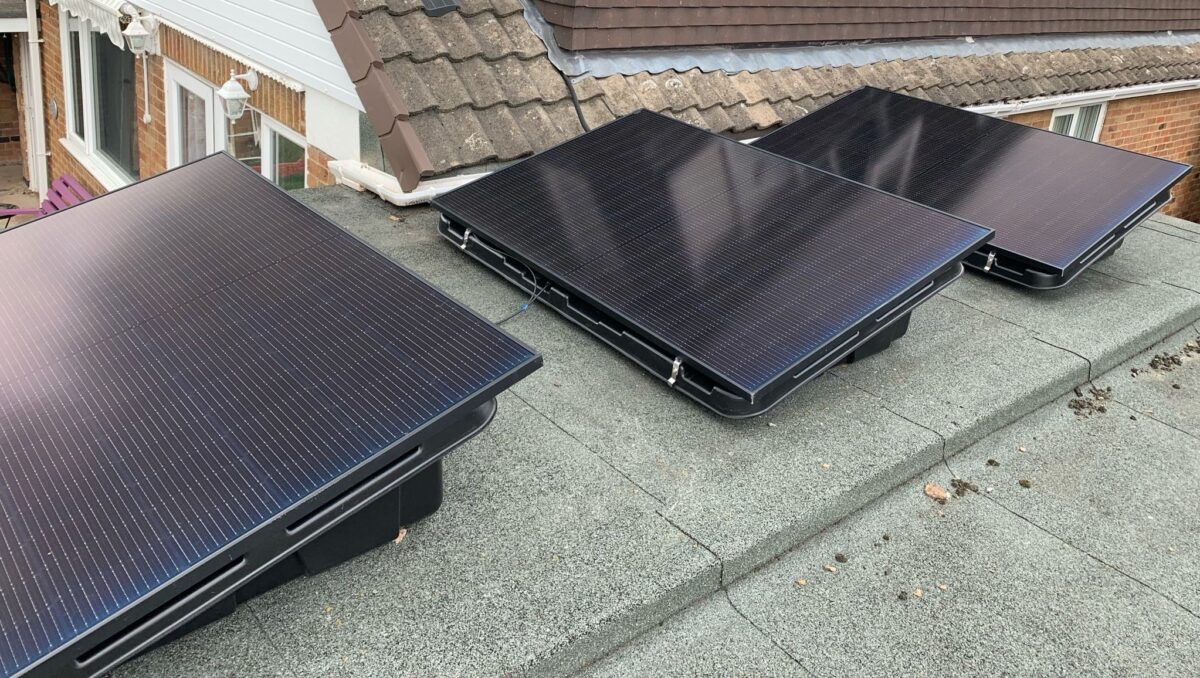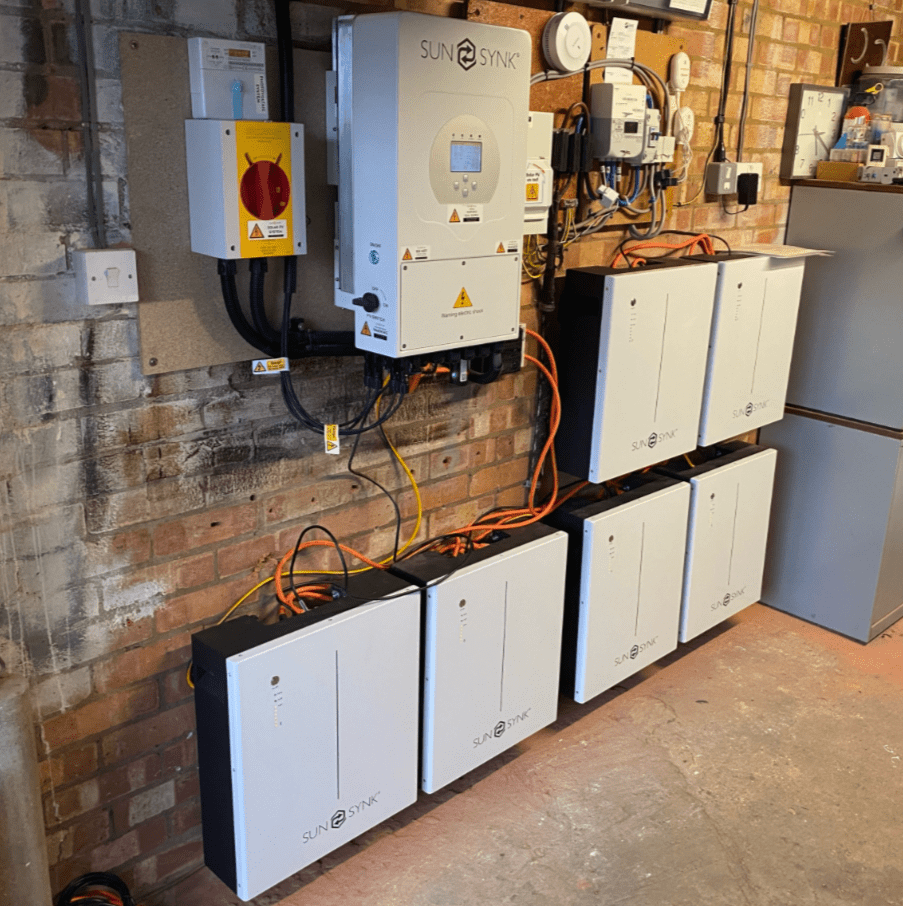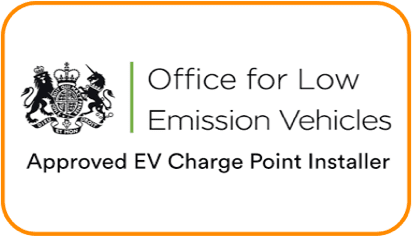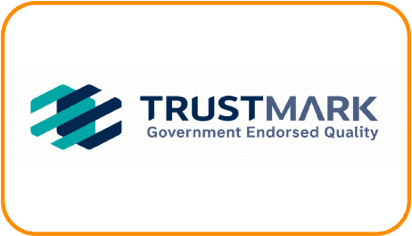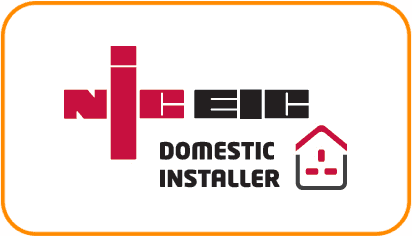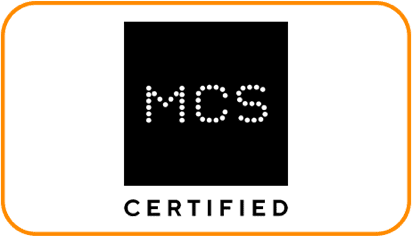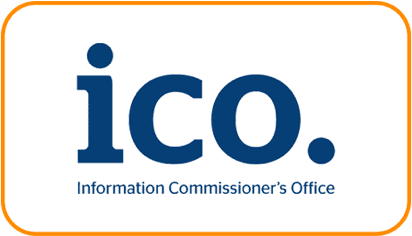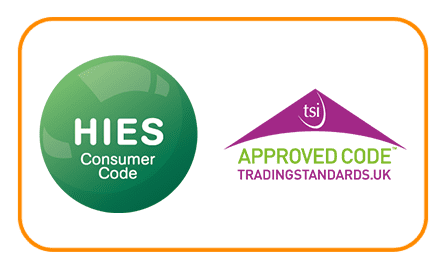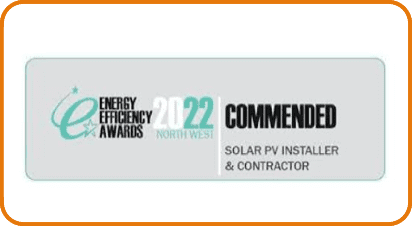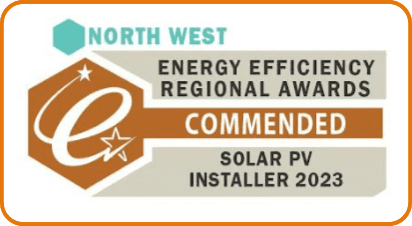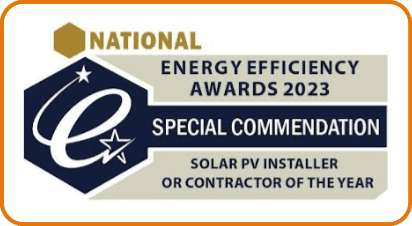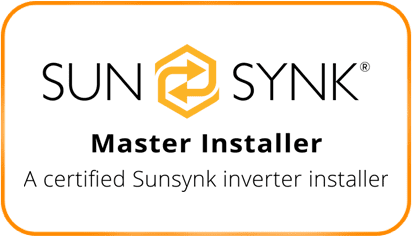It is now widely known that a solar pv installation can return an investor in the technology a substantial return on their investment over a prolonged period of time. This return on investment is more often than not the main driving factor and focal point as to why people make the investment in the first place.
Free energy is the first of the ways that customers can benefit from a solar pv installation. Like any product or service, if you are producing it yourself, it clearly will mean that you do not have to buy the product or service from another individual or company who are producing the product for your consumption. This is exactly the case when a household produces its own energy.
As well as benefiting from the free energy generated, and therefore not having to buy as much energy as was previously necessary to power the home appliances from the national grid, investors in solar pv will get paid for generating electricity. The first rate of pay is the generation tariff. This is currently being paid at a rate of 14.38 pence for every unit of electricity that is produced from a solar pv system. The second element of the government backed feed in tariff is the export tariff. Rather than having an export meter like they do in Germany for example, the accepted procedure in the United Kingdom is simply to assume a home with a solar pv installation will use half of their self-generated energy and export the other half back to the national grid.
An iBoost is a very intelligent way to make solar panels work smarter and make the system more profitable. The way it does this is by intelligently re-directing any excess energy that the system produces and using it to heat up hot water via an immersion heater.

